The statement “when the auto industry coughs, Germany catches the flu” seems to accurately describe the current situation of Volkswagen – the pride of Europe’s largest economy.
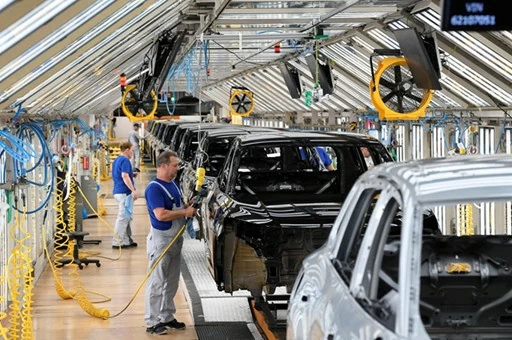 |
| Volkswagen's Golf VIII and Tiguan production line in Wolfsburg, Germany. (Source: Reuters) |
The German auto industry was once recognized worldwide for its high-quality, innovative internal combustion engine vehicles. For many years, the industry thrived, driving Europe’s largest economy. But now the tide has turned and everything has changed.
Volkswagen in trouble
The latest example is developments at Volkswagen earlier this week, where the company said it could not rule out forced factory closures in Germany as part of its “belt-tightening” plans.
Automotive News reports that Volkswagen is considering closing a car factory and a components plant in Germany.
Other measures to “protect the future” of the company also include trying to end a job protection agreement with labor unions that has been in place since 1994.
Volkswagen has never closed a factory in Germany, nor has it closed a factory anywhere in the world since 1988.
Volkswagen was once one of the car brands that Germany was proud of. In 2022, Volkswagen was the world's largest car manufacturer by revenue.
In 2023, the company also ranked highest on the Fortune Global 500 list, after generating $348 billion in revenue and selling 9.24 million vehicles. However, the company has struggled with low profit margins and declining consumer sentiment.
Specifically, Volkswagen began a 10 billion euro cost-cutting effort late last year and is losing market share in China, its largest market.
In the first half of this year, vehicle deliveries to customers in the world's largest economy fell 7% compared to the same period in 2023. The group's operating profit fell 11.4% to 10.1 billion euros.
In July 2024, Volkswagen also warned that it might have to close its Audi car factory in Brussels, the capital of Belgium, because demand for this luxury brand has fallen sharply.
The foundation of the German economy
“For German automakers – which have been unrivaled technology market leaders for nearly 140 years and have little to worry about in terms of sales or competition – this is an unprecedented situation,” said Dr. Andreas Ries, global head of automotive at KPMG, one of the world’s largest auditing firms.
The industry is currently undergoing its biggest transformation ever, he added.
Volkswagen is not the only company in trouble.
In the latest round of reports, Mercedes’ car division cut its annual profit margin forecast. Meanwhile, BMW’s car division said its profit margin for the second quarter of 2024 would be lower than expected. Porsche also cut its 2024 outlook, citing a shortage of special aluminum alloys.
The problems in the auto industry could also have a spillover effect on the wider German economy – which has been on the verge of recession for much of this year and last.
In the second quarter of 2024, Germany's Gross Domestic Product (GDP) decreased by 0.1% compared to the previous quarter.
“The statement ‘when the auto industry coughs, Germany catches the flu’ accurately describes the current situation,” said Dr. Ries.
The automotive industry, he explained, is not only made up of large companies but also thousands of small, medium and micro enterprises across the country. It is one of Germany's most important industries.
German Economy Minister Robert Habeck also admitted that the auto industry is “the foundation of the German economy”.
Mr. Robert Habeck also said that carmakers are facing huge challenges in switching to electric vehicles and keeping out foreign competitors. However, “German carmakers must keep up with this competition,” – according to the German Economy Minister.
 |
| The problems in the auto industry could also have a spillover effect on the wider German economy – which has been on the verge of recession this year and last. (Source: Allianz-trade) |
Lots of challenges
There are many factors behind the current situation of the German auto industry and this situation is putting pressure on the market, experts and industry organizations say.
“We are facing many challenges,” a spokesperson for the German Automotive Industry Association (VDA) told CNBC . “The consequences of the Covid-19 pandemic, geopolitical tensions… are the problems we are facing.”
Two topics that have repeatedly come up in the debate surrounding the German auto industry over the past few years are China and the shift to electric vehicles.
Meanwhile, Horst Schneider, head of European automotive research at Bank of America, noted: “We are still in a very turbulent situation where the electric vehicle sector is performing worse than expected.”
Demand for electric vehicles is lower than expected, and competition has increased, he noted.
“The Chinese auto market is recovering, but German carmakers have yet to feel the impact of the recovery as competitors have taken market share.
“It’s also a matter of price. German electric cars are too expensive, while Chinese products are better in some aspects and more affordable,” said Horst Schneider.
“The European automotive industry is in a very difficult and serious situation,” said Oliver Blume, CEO of Volkswagen Group. “New competitors are entering the European market and Germany as a production location is increasingly falling behind in competitiveness.”
At the same time, tensions over trade and import tariffs between the European Union (EU) and China are also putting pressure on the market.
German manufacturers are vulnerable to political conflicts, Schneider said. Previously, 40 to 50 percent of revenues were generated in China, but now that market is starting to shrink. The share of electric vehicles in Germany is also higher, but the profits are not as high as those of cars running on internal combustion engines.
The VDA also said that the end of the electric car subsidy program in Germany has also put pressure on the market.
A glimmer of hope
Still, some glimmers of hope have emerged amid the challenges.
Hybrid vehicles (vehicles that use a combination of an internal combustion engine and an electric motor) are likely to be around longer than expected, and sales of internal combustion engine vehicles are recovering somewhat, according to Dr. Ries.
But he said German leaders, businesses and researchers needed to work together to create a framework to tackle the difficult problems ahead.
VDA also sees a need for different production conditions but forecasts that the market situation will remain difficult for at least the next year.
Source: https://baoquocte.vn/khi-nganh-cong-nghiep-o-to-ho-nuoc-duc-bi-cum-285250.html


![[Photo] Looking back at the impressive moments of the Vietnamese rescue team in Myanmar](https://vstatic.vietnam.vn/vietnam/resource/IMAGE/2025/4/11/5623ca902a934e19b604c718265249d0)


![[Photo] "Beauties" participate in the parade rehearsal at Bien Hoa airport](https://vstatic.vietnam.vn/vietnam/resource/IMAGE/2025/4/11/155502af3384431e918de0e2e585d13a)


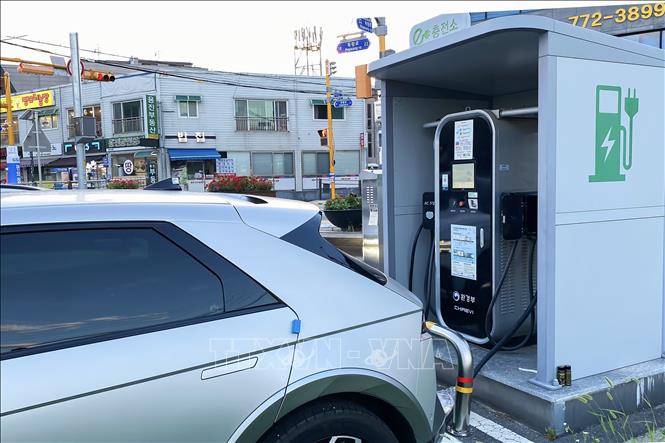





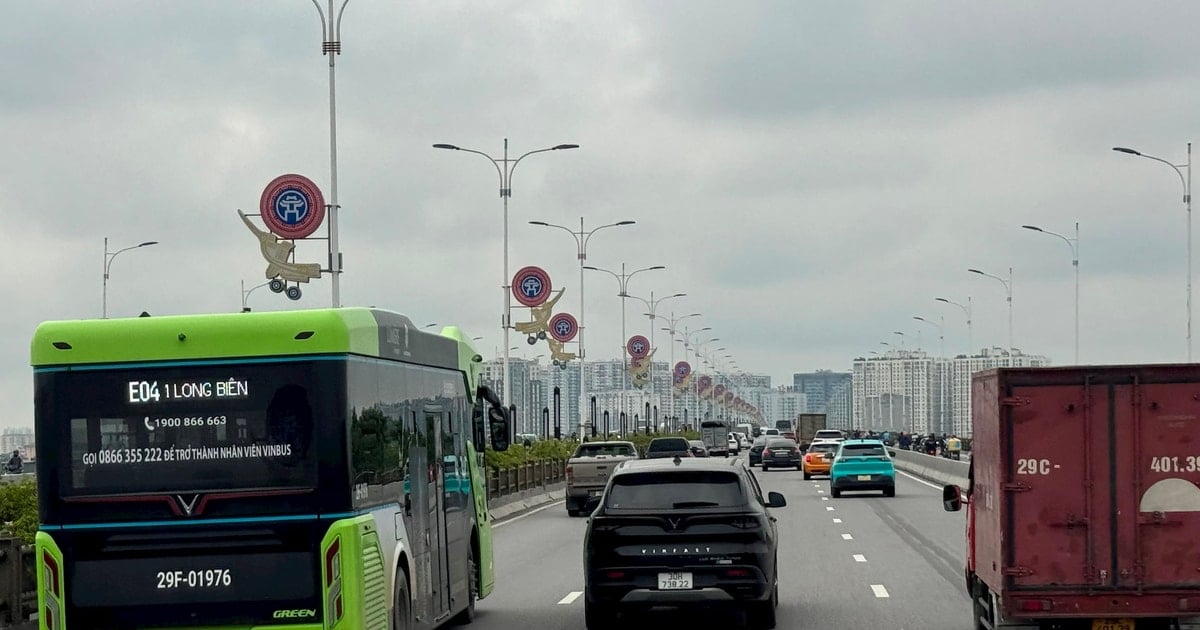









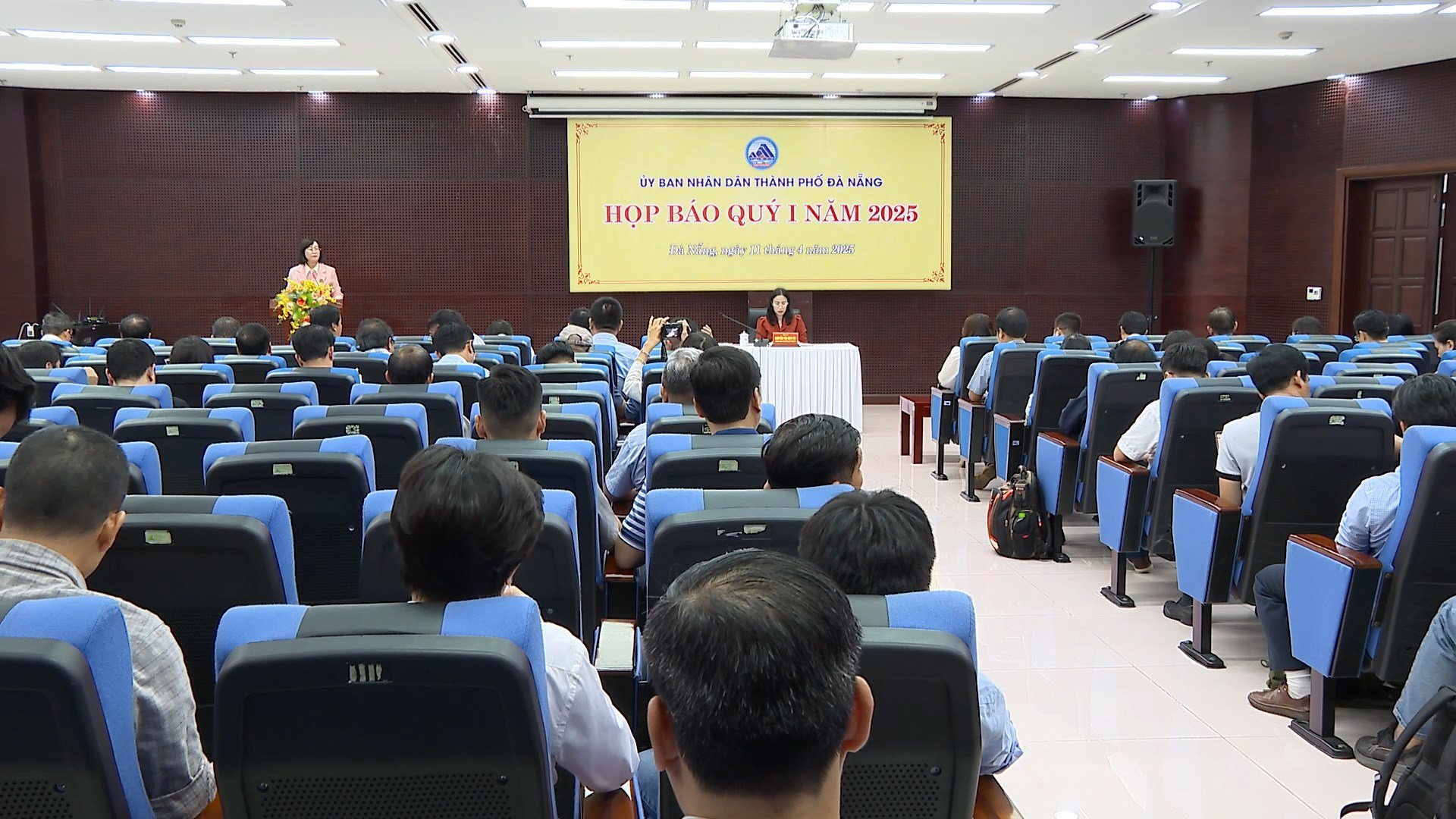





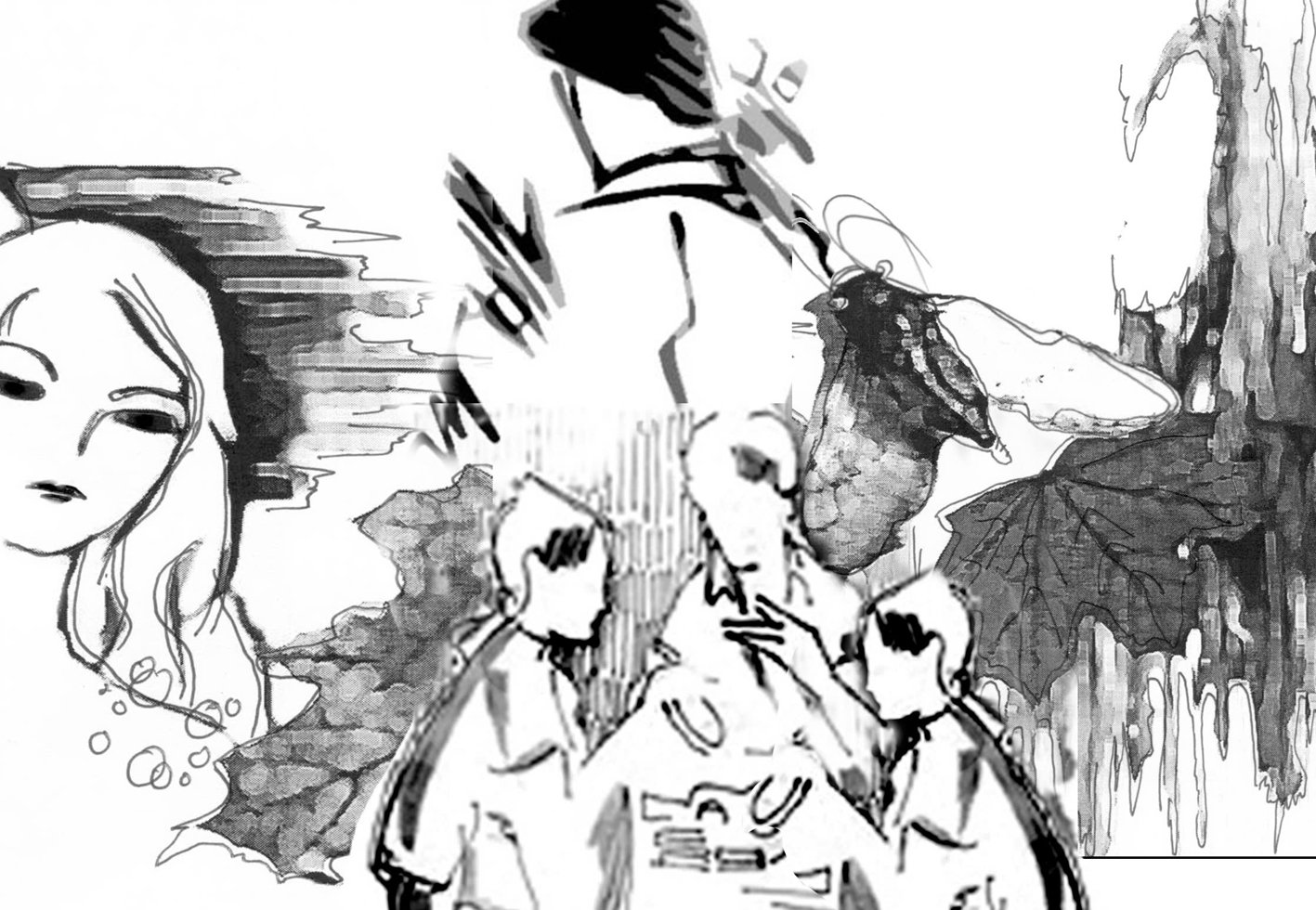


![[Photo] Summary of parade practice in preparation for the April 30th celebration](https://vstatic.vietnam.vn/vietnam/resource/IMAGE/2025/4/11/78cfee0f2cc045b387ff1a4362b5950f)



























































Comment (0)